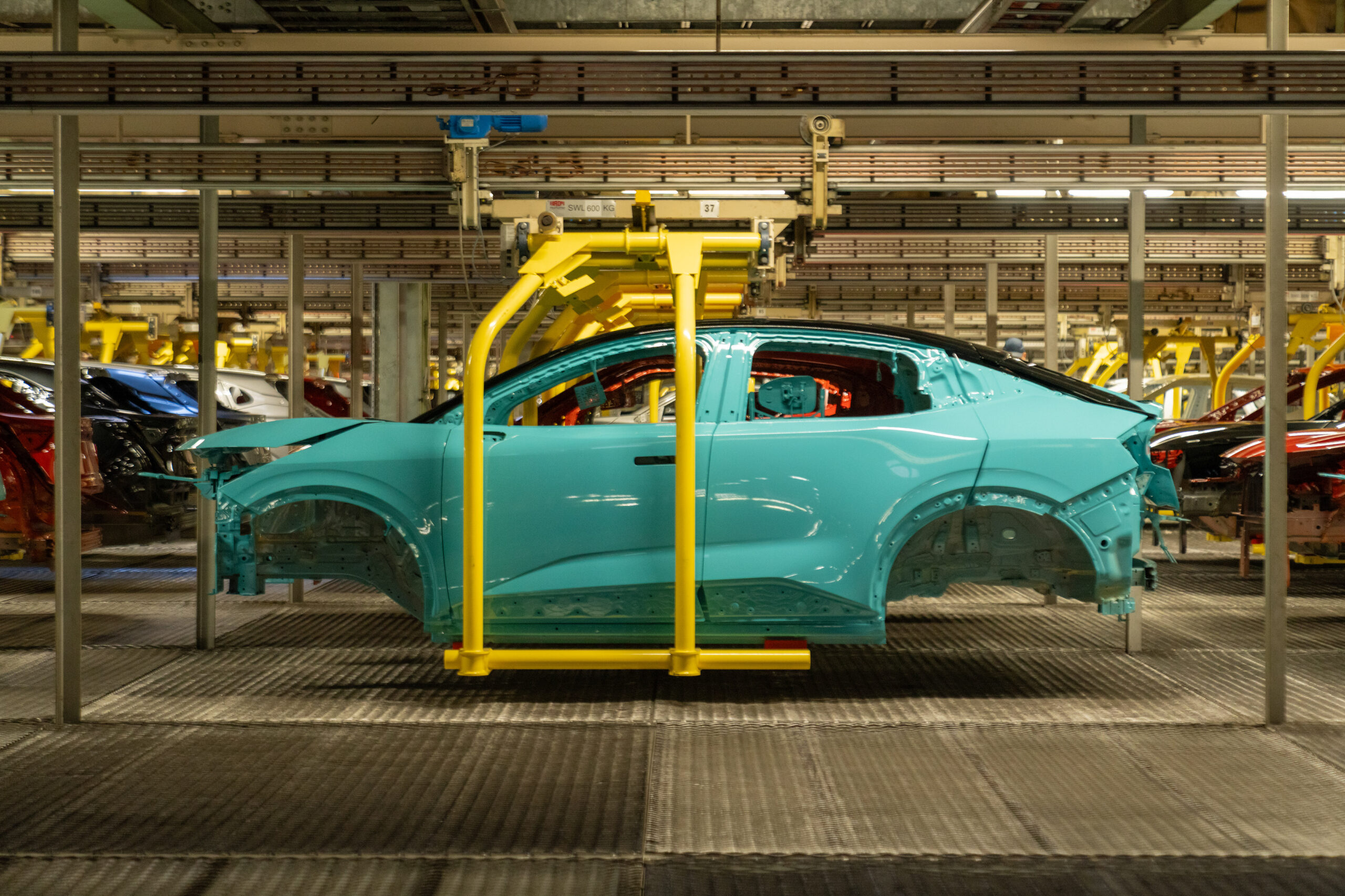
The UK’s new Modern Industrial Strategy is a watershed moment that comes at a time of considerable global uncertainty.
Our ambition to transition to zero emission mobility, one that is shared with government, will see car and van increasingly decarbonised to 2035 and HGVs thereafter. But the path to that ambition is paved with obstacles. Tariffs and trade protectionism have fundamentally altered the global trading environment, economic uncertainty stifles growth and consumer affordability, and thus demand is constrained.
However, UK Automotive’s role as a key driver of net zero and economic success remains certain. Our sector directly contributes more than £25 billion in value to the economy and more than £44 billion worth of exports annually, while employing nearly 800,000 people. We inspire innovation, with 23 R&D and nine design centres, mastering the technologies of the future. And we are driving the zero emission transition, having put more than a million zero emission vehicles on the road in the past five years despite a reticent market.
Furthermore, the wider halo effect of automotive – supporting the nation’s advanced manufacturing capabilities and engineering skills – cannot be understated.
Confidence is returning. Our automotive business leaders survey shows that half of all businesses surveyed have secured or are seeking new investment in the UK, despite a globally volatile and economically challenging environment.
We must, therefore, re-create a competitive edge that delivers growth, employment and the critical capabilities that will shape the next generation of mobility. Government has taken several positive steps in the last 12 months, but the time now is for giant leaps.

The return to a long-term Industrial Strategy, with automotive rightly recognised within the government’s eight growth-leading sectors, is significant. Automotive sits at the core of the Advanced Manufacturing Sector Plan but now needs rapid action to close the gap with international competitors.
Energy cost relief is the headline-grabbing measure and its delivery will be the acid test of the Modern Industrial Strategy. Government has already made minor reforms to the Zero Emission Vehicle Mandate to help manufacturers meet the requirements and we must assess the market closely, as consumer demand remains low without incentives. And critical trade agreements with the United States and India, and a reinvigorated relationship with the European Union, offer new hope on the global stage for our export-led manufacturers who want to grow at home and abroad.
The new Industrial Strategy must be the foundation on which the growth of UK automotive is built. We want to return the UK to the top 15 global auto manufacturing locations and deliver a £50 billion boost to our nation’s economy. With the right enablers in place, this can be a reality given our capabilities, our heritage, our innovation and our people.
The new industrial strategy – and the forthcoming trade strategy – must be implemented in full and at pace. They are purposefully and rightly long term. They must be supported across government and they must build confidence, enhance investor relations, and create the conditions for us to compete. Do this, and the automotive sector will repay that investment in full, delivering the economic, social and environmental benefits the UK deserves.


